
Humble Inquiry
The Gentle Art of Asking Instead of Telling
Recommendation
Retired MIT professor Edgar H. Schein makes a solid case for humility. He explores the way American culture prioritizes action, practicality and competition over courteousness and respect. Schein encourages openness and curiosity about others in the form of “Humble Inquiry” – “the fine art of drawing someone out, of asking questions to which you do not already know the answer, of building a relationship based on curiosity and interest in the other person.” To counter a working environment often short of manners and civility, getAbstract recommends this slim but powerful book to executives, managers, leaders and anyone who wants to know how to ask a polite question and who really wants to know the answer.
Summary
About the Author
Professor Edgar H. Schein retired from the MIT Sloan School of Management. He is the author of several books, including Helping and The Corporate Culture Survival Guide.










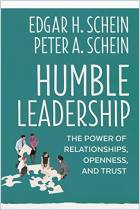
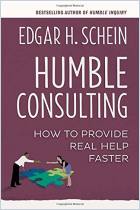
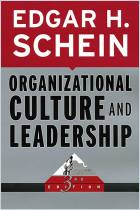
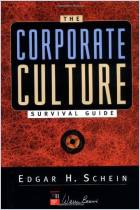

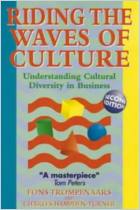



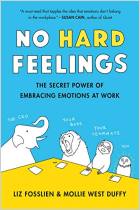





Comment on this summary or Diskussion beginnen